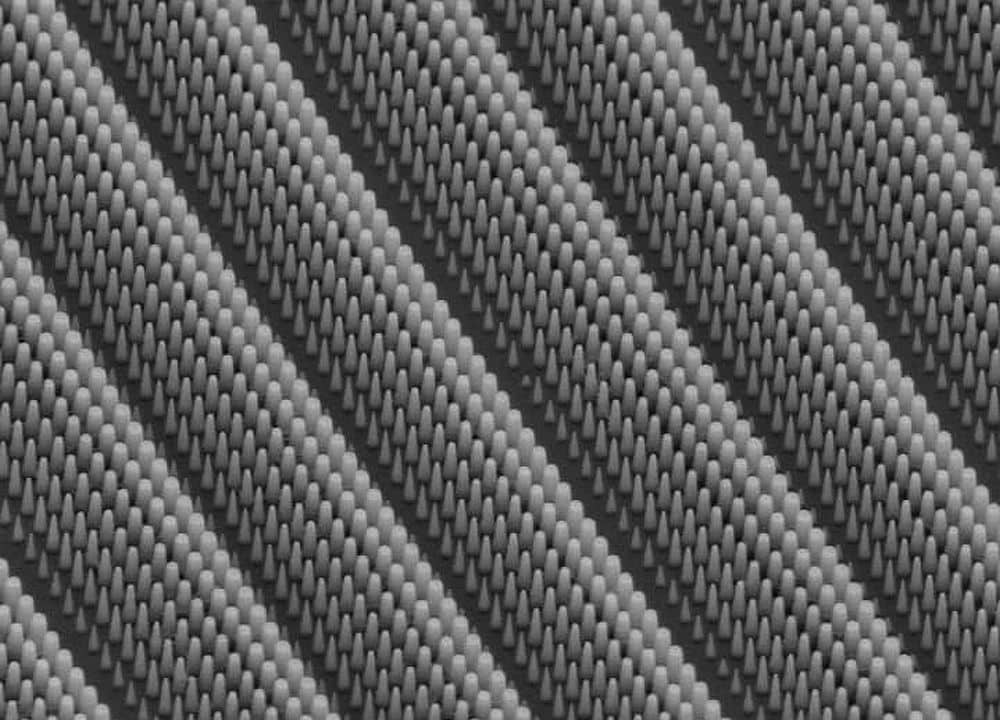
We have received word that ARPA-E is looking for proposals for “developing transformational electrochemical energy storage technologies that will accelerate electric vehicle (EV) adoption by dramatically improving their driving range, cost, and reliability.”
Here is more from the agency’s call:
Robust Affordable Next Generation EV-Storage (RANGE) program seeks to improve EV range and reduce vehicle costs by re-envisioning the total EV battery system, rather than working to increase the energy density of individual battery cells. The program aims to maximize specific energy and minimize cost of energy storage systems at the vehicle level. Central to this system-level approach is the use of robust design principles for energy storage systems. Robust design is defined as electrochemical energy storage chemistries and/or architectures (i.e., physical designs) that avoid thermal runaway and are immune to catastrophic failure regardless of manufacturing quality or abuse conditions.
The RANGE program final objective is a fully integrated energy storage unit with energy content of 1kWh or greater. Therefore, ARPA-E is seeking innovative research proposals that will focus on developing robust battery chemistries and architectures that would improve vehicle driving range and overall battery robustness. RANGE projects will also focus on multifunctional energy storage designs that use these robust storage systems to simultaneously serve other functions on a vehicle, thus further reducing an energy storage system’s effective weight and overall electric vehicle weight.
The goal of the program is to enable a 3X increase in electric vehicle range (from ~80 to ~240 miles per charge) with a simultaneous price reduction to gasoline-powered internal combustion engine vehicles. The following objectives support this long-term goal: (i) development of a low-cost rechargeable energy storage chemistries and architectures with robust designs. Aqueous or other low-cost inorganic electrolyte based systems and novel cell geometries are of particular interest, as are flow battery architectures employing liquid or slurry-based reactants that enable physical isolation of active materials; (ii) development of multifunctional energy storage systems. Energy storage systems which absorb impulse energy during a vehicle crash and/or which carry mechanical load are of particular interest to reduce the vehicle’s overall weight.
ARPA-E encourages a project team with engineering/scientific expertise in every aspect of the system conceptualization and a good understanding of material properties, energy storage systems, and vehicle design. ARPA-E does not mandate the participation from automotive original equipment manufacturers; rather, the team needs to have the necessary expertise in automotive systems.
To view the full RANGE Funding Opportunity Announcement, find more information on RANGE Teaming Partner arrangements or apply for RANGE funding, please visit the ARPA-E Funding Opportunity Exchange. The submission deadline for RANGE Concept Papers is 5 p.m. ET on March 21, 2013.
Fine print: This notice does not constitute an official solicitation by the Advanced Research Projects Agency-Energy. No information provided here supersedes any of the information in the posted Funding Agency Announcement. This notice does not constitute a specific commitment by ARPA-E to provide any funds.
Author
Eileen De Guire
CTT Categories
- Basic Science
- Energy
- Nanomaterials
- Transportation


